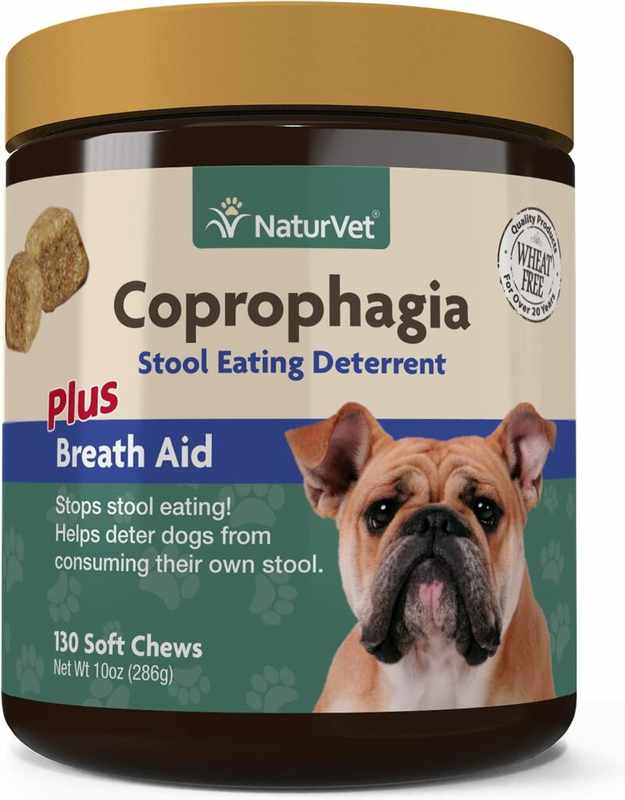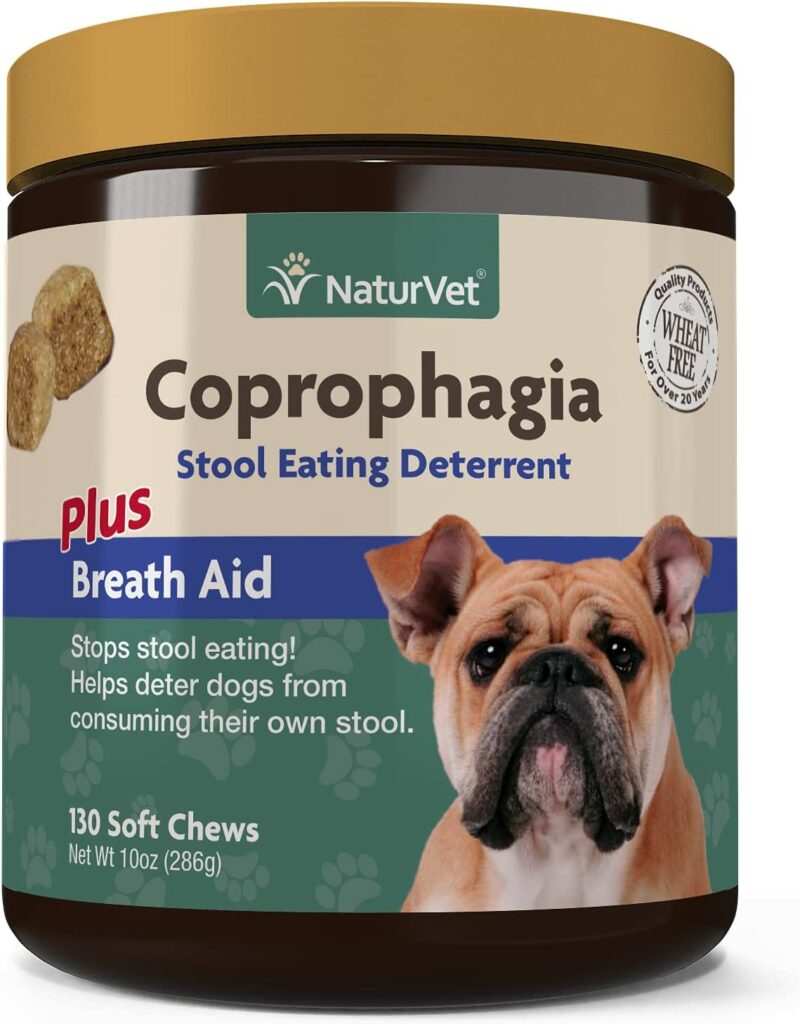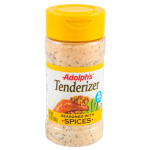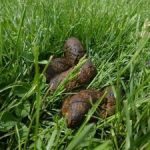The age-old problem of coprophagia, where dogs eat their own poop, has been frustrating pet owners for centuries. But before we dive into the best deterrents, let’s set the stage: why does this behavior matter?
The Importance of Stopping Coprophagia
Coprophagia is not just a quirky habit; it can have serious consequences for your dog’s health and well-being. Eating poop can lead to intestinal parasites, digestive issues, and even transmit diseases like hookworms and tapeworms. Not to mention the unpleasantness factor – who wants to step in or clean up after their furry friend’s “poop-a-palooza”?
Avoiding the Unpleasant
It’s essential to stop coprophagia in its tracks, not just for hygiene reasons but also for your dog’s health and safety. So, what are the best deterrents out there? In this post, we’ll explore the most effective ways to curb this unwanted behavior and give you a solid foundation to keep your pup pooping in the right places.

The age-old problem of coprophagia, where dogs eat their own poop, has been frustrating pet owners for centuries. But before we dive into the best deterrents, let’s set the stage: why does this behavior matter?
The Importance of Stopping Coprophagia
Coprophagia is not just a quirky habit; it can have serious consequences for your dog’s health and well-being. Eating poop can lead to intestinal parasites, digestive issues, and even transmit diseases like hookworms and tapeworms. Not to mention the unpleasantness factor – who wants to step in or clean up after their furry friend’s “poop-a-palooza”?
Avoiding the Unpleasant
It’s essential to stop coprophagia in its tracks, not just for hygiene reasons but also for your dog’s health and safety. So, what are the best deterrents out there? In this post, we’ll explore the most effective ways to curb this unwanted behavior and give you a solid foundation to keep your pup pooping in the right places.
The Best Coprophagia Deterrents
1. Positive Reinforcement Training: Teach your dog what constitutes acceptable behavior by rewarding good habits. When they do something right, like eliminating outside and not eating poop, give them treats and praise. This will help build a strong foundation for good behavior.
2. Supervise, Supervise, Supervise: Keep an eye on your pup at all times when they’re in areas where they might encounter their own waste. This is crucial, as the moment you turn your back, they might just gobble up that poop!
3. Clean Up Immediately: When your dog does poop outside (or in a designated area), make sure to clean it up right away. If the poop remains present, your dog may be more likely to revisit and eat it.
4. Provide Adequate Exercise and Stimulation: Engage your dog’s mind and body with plenty of physical and mental stimulation. A bored or under-exercised pup is more likely to turn to coprophagia as a way to entertain themselves.
5. Reward Good Behavior: When your dog eliminates in the correct area, reward them with treats, praise, and affection. This positive reinforcement will help strengthen good habits.
For additional guidance on preventing coprophagia, check out the American Kennel Club’s (AKC) comprehensive guide on the topic.
In our next post, we’ll delve deeper into some of the most effective methods for deterring coprophagia and explore what you can do if your dog continues to exhibit this behavior despite your best efforts. Stay tuned!
Expert Advice for Coprophagia Deterrent
Get personalized guidance from our expert dog care team.
Start chatTo recap, we’ve covered why stopping coprophagia matters – it’s not just about avoiding an unpleasant mess, but also for your dog’s health and safety. Now, let’s summarize the key points:
- Coprophagia can lead to intestinal parasites, digestive issues, and transmit diseases.
- It’s essential to stop this behavior not just for hygiene reasons, but for your dog’s overall well-being.
In our quest to curb coprophagia, we’ve explored the best deterrents. But what about some final insights to seal the deal?
- Make sure to reward good behavior – when your pup does poop in the right place, give them a treat or praise!
- Keep an eye on your dog’s diet – sometimes, coprophagia can be a sign of nutritional deficiencies.
And there you have it – the best coprophagia deterrents for dogs. By combining these effective methods and remembering to reward good behavior, keep an eye on dietary habits, and prioritize your pup’s health, you’ll be well on your way to a poop-free life (or at least, a significantly reduced one). So, go ahead and give yourself a pat on the back – you’ve taken the first step towards a cleaner, healthier home. And remember, a happy dog is a pooping-in-the-right-places dog!




